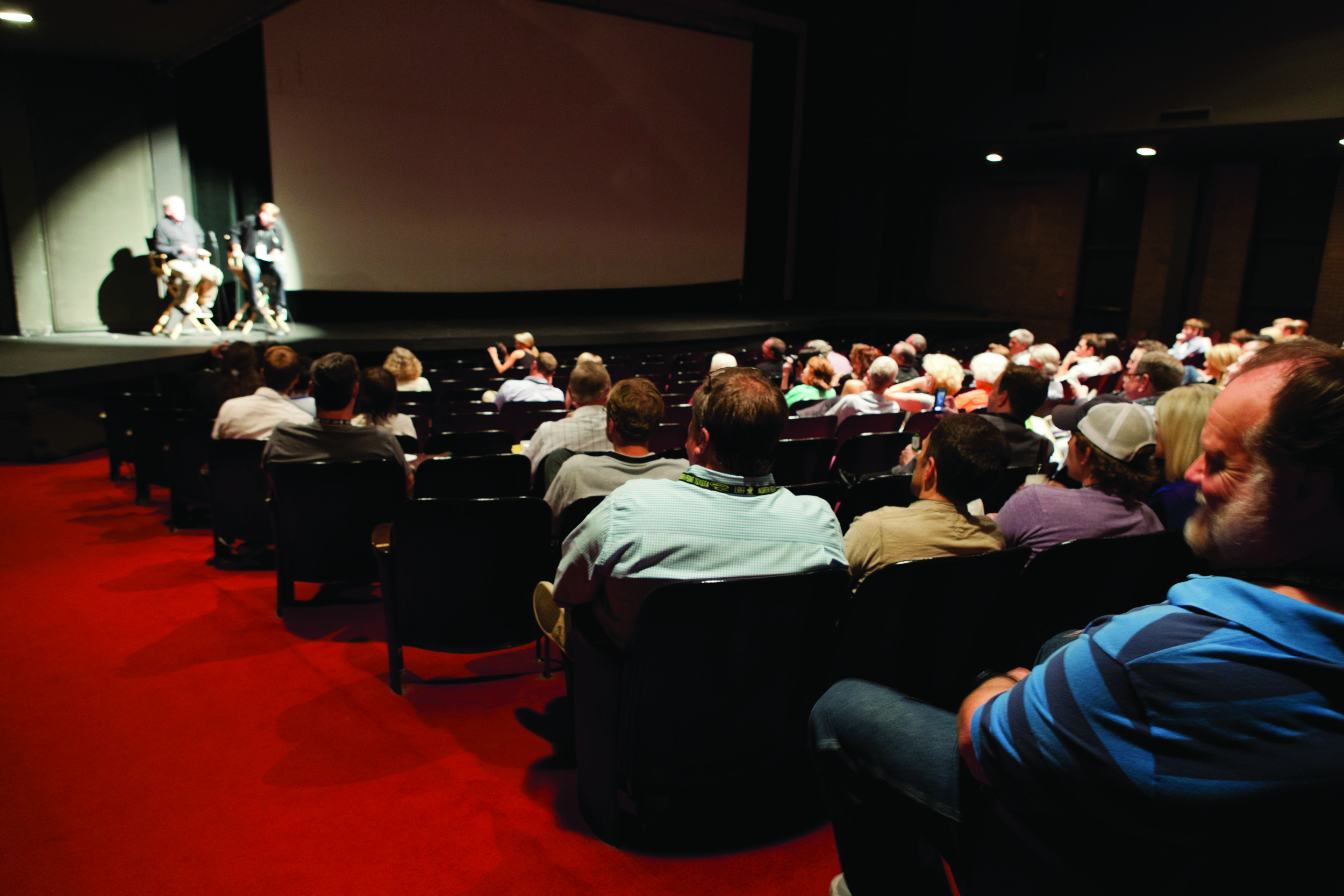Reviews from Day 6 of the Little Rock Film Festival

WORDS / LANCE ST. LAURENT
On a day that I devoted entirely to non-fiction film, Marshall Curry’s Point and Shoot did not exactly leave me hopeful for more. Curry’s film about Matthew Vandyke, an American imprisoned in Libya during its violent revolution, has a few things going for it, but ultimately fails in the execution. Vandyke’s personal footage captured in Libya is often breathtaking and the details of his personal struggles (including OCD) give the story a personality that differs it from many wartime docs. Yet Curry gets too lost in his own subject, losing focus of the grander geopolitical ramifications of Libya’s conflict. It gives the film a shaggy, travelogue-ish quality unbefitting of a subject with such gravity. The film also spends far too much time speaking with those personally connected to Vandyke, but with no real insight into Libya or into Vandyke’s time behind bars. Unfortunately, it’s hard to see the film as anything more than a missed opportunity.
Sebastian Junger’s Korengal, on the other hand, provided a much stronger example of a war documentary. Junger’s followup to the Oscar-nominated Restrepo can also be considered something of a sequel, a rarity in documentaries. Korengal follows many of the same troops fighting for their lives in Afghanistan’s so-called “valley of death”. Junger distinguishes it from its predecessor, though, by abandoning the verite style of Restrepo in favor of a more personal angle, relying as much on post-combat interviews as on the ground footage. Like with Restrepo, Junger’s footage among the troops is breathtaking and harrowing, but Junger manages to enrich it by allowing the soldiers to describe their mindset in their own words, often elaborating or complicating what we see on screen. However, as harrowing as the film often is, what really gets across is the sense of tedium and boredom that fills most of these men’s days, often spending hours upon hours doing nothing only to spring into action at a moment’s notice. It is a fascinating and insightful look into the mind of a soldier from a fine, fine filmmaker.
My final film of the night was Ben Cotner and Ryan White’s The Case Against 8, a riveting (and amazingly well-timed) documentary behind the scenes of the case to overturn California’s Proposition 8, which banned gay marriage in the state. Like most of the films from HBO’s documentary studio, The Case Against 8 is a stylish and touching, if not completely groundbreaking, look at one of the more interesting legal issues of the past decade. Strangely, the movie is nearly stolen by Ted Olsen, the right wing lawyer turned gay marriage defender, who comes off as warm, down to earth, and utterly charming. The Case Against 8 is unlikely to be considered a landmark of its genre, but it serves as an entertaining and educational look at the real people behind a landmark piece of civil rights history.




Comments